war
-
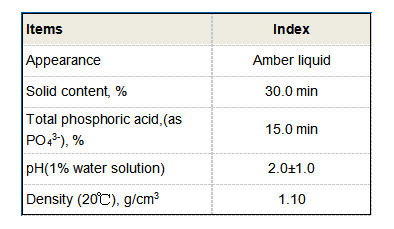 Navigating the Complex World of OEM Flocculants An In-Depth AnalysisAkhri wax dheeraad ah
Navigating the Complex World of OEM Flocculants An In-Depth AnalysisAkhri wax dheeraad ah -
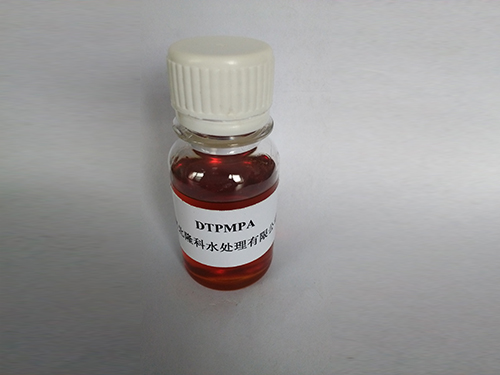 Flocculants have been indispensable in various industrial processes, particularly in water treatmentAkhri wax dheeraad ah
Flocculants have been indispensable in various industrial processes, particularly in water treatmentAkhri wax dheeraad ah -
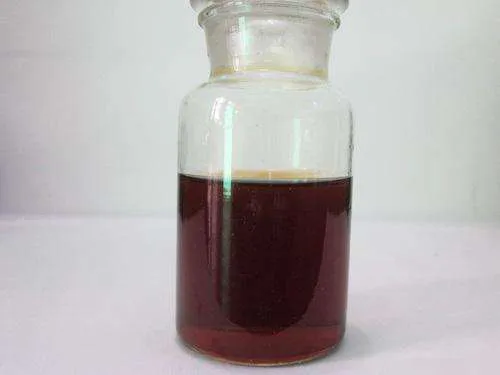 In the realm of water treatment, flocculants play a crucial role in enhancing the clarification andAkhri wax dheeraad ah
In the realm of water treatment, flocculants play a crucial role in enhancing the clarification andAkhri wax dheeraad ah -
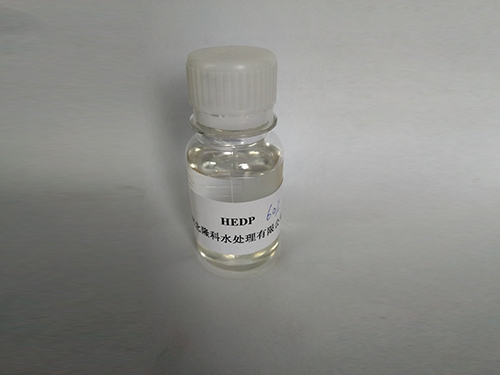 Flocculants, indispensable in numerous industries, play a pivotal role in enhancing water treatmentAkhri wax dheeraad ah
Flocculants, indispensable in numerous industries, play a pivotal role in enhancing water treatmentAkhri wax dheeraad ah -
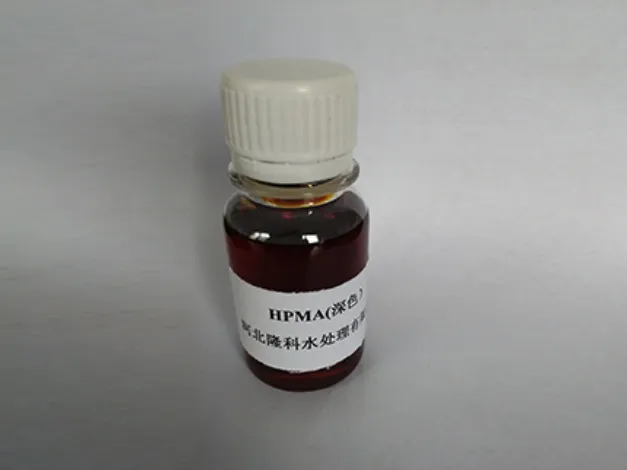 CyclohAkhri wax dheeraad ah
CyclohAkhri wax dheeraad ah -
 In the ever-evolving realm of chemical compounds, understanding and utilizing key substances effectiAkhri wax dheeraad ah
In the ever-evolving realm of chemical compounds, understanding and utilizing key substances effectiAkhri wax dheeraad ah -
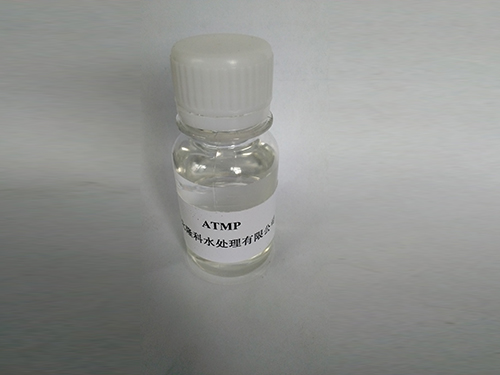 CAS number 8001-54-5 refers to Benzalkonium chloride, a widely recognized and utilized chemical compAkhri wax dheeraad ah
CAS number 8001-54-5 refers to Benzalkonium chloride, a widely recognized and utilized chemical compAkhri wax dheeraad ah -
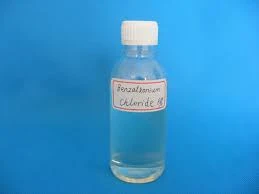 Navigating the myriad landscape of industrial chemicals can be a daunting task, but diving into specAkhri wax dheeraad ah
Navigating the myriad landscape of industrial chemicals can be a daunting task, but diving into specAkhri wax dheeraad ah -
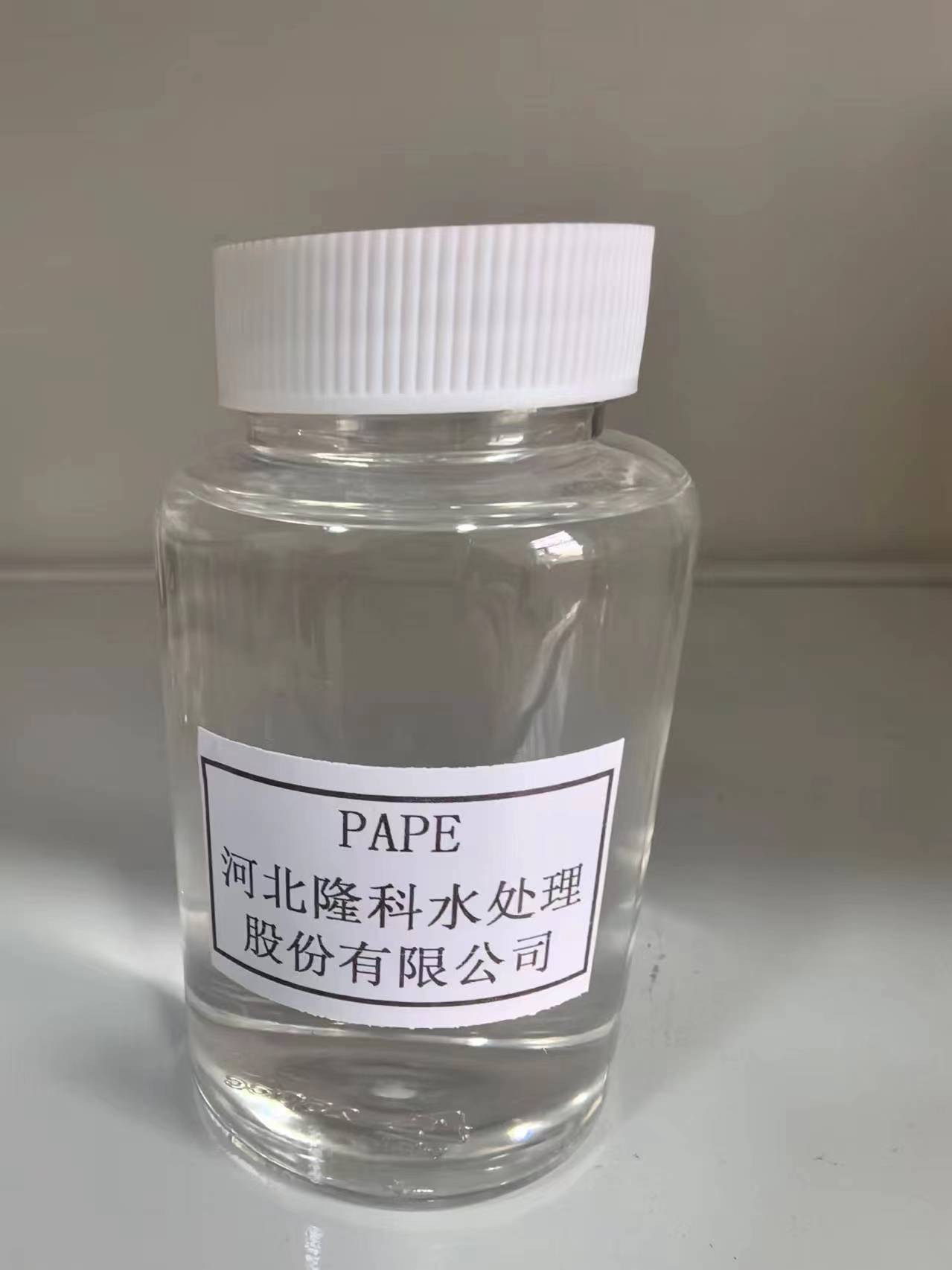 Benzalkonium chloride, identified by the CAS number 8001-54-5, stands as a remarkable compound in thAkhri wax dheeraad ah
Benzalkonium chloride, identified by the CAS number 8001-54-5, stands as a remarkable compound in thAkhri wax dheeraad ah -
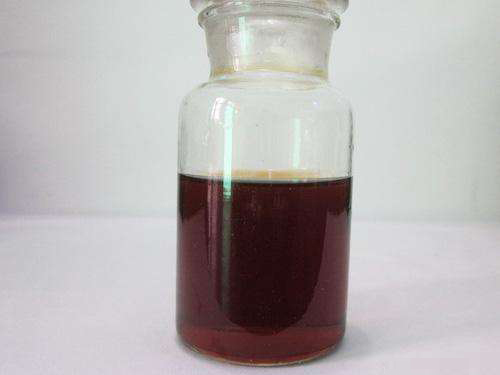 In the ever-evolving world of chemical compounds that shape numerous industries, the compound flaggeAkhri wax dheeraad ah
In the ever-evolving world of chemical compounds that shape numerous industries, the compound flaggeAkhri wax dheeraad ah
Ugu dambeeyay Wararka & Blogyada
wax badan ka daawo -
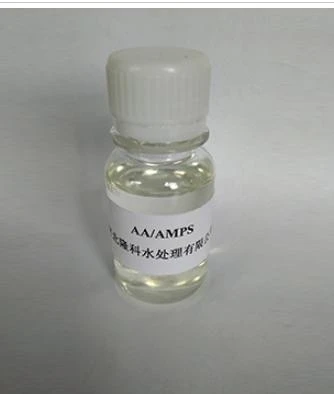 Understanding Polycarboxylic Acids: Properties, Applications, and Future PotentialPolycarboxylic acids are a versatile group of polymers widely used in water treatment, cleaning products, concrete admixtures, textiles, and even sustainable materials.Akhri wax dheeraad ah
Understanding Polycarboxylic Acids: Properties, Applications, and Future PotentialPolycarboxylic acids are a versatile group of polymers widely used in water treatment, cleaning products, concrete admixtures, textiles, and even sustainable materials.Akhri wax dheeraad ah -
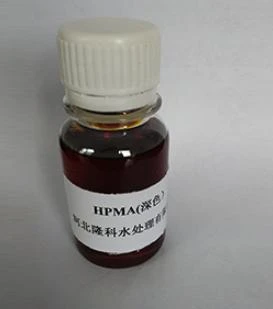 Scale Inhibitor Explained: How to Protect Your System from Limescale and Hard Water DamageIn water systems—from industrial boilers and cooling towers to household appliances—scale is a persistent enemy.Akhri wax dheeraad ah
Scale Inhibitor Explained: How to Protect Your System from Limescale and Hard Water DamageIn water systems—from industrial boilers and cooling towers to household appliances—scale is a persistent enemy.Akhri wax dheeraad ah -
 Scale and Corrosion Inhibitors: Essential Chemicals for Industrial Water System ProtectionIn industrial water systems—cooling towers, boilers, heat exchangers, pipelines, and RO systems—two silent threats can cause serious damage over time: scale formation and corrosion.Akhri wax dheeraad ah
Scale and Corrosion Inhibitors: Essential Chemicals for Industrial Water System ProtectionIn industrial water systems—cooling towers, boilers, heat exchangers, pipelines, and RO systems—two silent threats can cause serious damage over time: scale formation and corrosion.Akhri wax dheeraad ah -
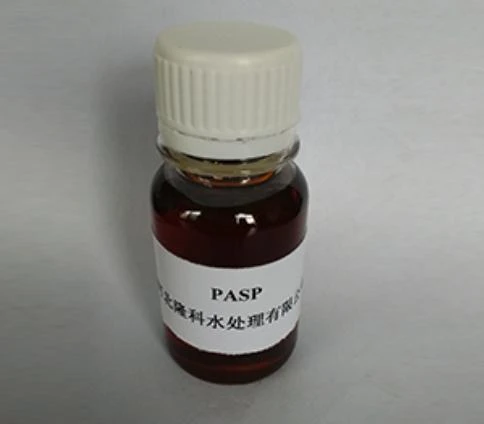 Polyaspartic Acid: A Biodegradable Polymer for Sustainable ChemistryAs industries move toward more sustainable materials, polyaspartic acid (PASP) is gaining traction across sectors—from water treatment and agriculture to coatings and biomedical applications.Akhri wax dheeraad ah
Polyaspartic Acid: A Biodegradable Polymer for Sustainable ChemistryAs industries move toward more sustainable materials, polyaspartic acid (PASP) is gaining traction across sectors—from water treatment and agriculture to coatings and biomedical applications.Akhri wax dheeraad ah






